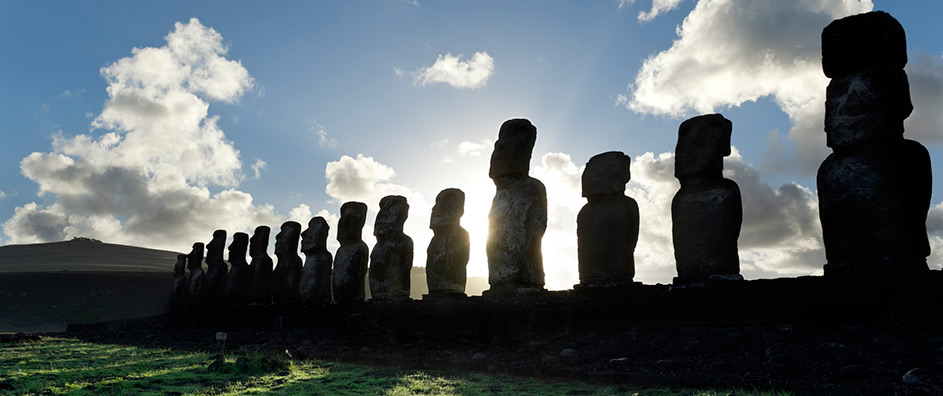Throughout history, civilizations have ebbed and flowed, characterized by moments of remarkable advancement juxtaposed with periods of decline. In contemporary society, the Bahá’í teachings introduce a compelling lens through which we can examine whether we inhabit an advancing or declining civilization. The question arises: are we progressing towards a future enshrined in unity and peace, or are we spiraling into chaos and fragmentation? This inquiry not only challenges our perspectives on modernity but also provokes an introspection regarding how we can influence the trajectory of civilization itself.
To embark on this exploration, it is paramount to first delineate the principles that underline Bahá’í teachings. Central to these beliefs is the notion of the oneness of humanity. This principle posits that all people, regardless of nationality, ethnicity, or religion, are interconnected. It compels adherents to advocate for social justice and equality, challenging the disparaging inequalities that are quintessential to many societies today. In recognizing our shared humanity, Bahá’í teachings inspire a shift towards collaboration and understanding, which are crucial for fostering an advancing civilization.
However, the questioning of whether we are truly advancing becomes ever pertinent when we examine the myriad contemporary predicaments we face. Issues such as climate change, economic disparity, and social unrest plague the global landscape. As we reflect upon this, it is essential to assess the dualities present in our current state. On one hand, technological innovations have catalyzed unprecedented connectivity and accessibility of information, empowering individuals to pursue knowledge and engage in dialogue. Conversely, these same technologies have often exacerbated societal divisions, as misinformation proliferates and community bonds erode.
This paradox reflects a broader existential challenge. Can we harness the capabilities of our advanced technologies and scientific discoveries to facilitate a world characterized by equitable progress? The Bahá’í teachings offer a solution through the promotion of an integrative approach to education. Education is regarded as a fundamental precursor to the advancement of civilization, serving as a vehicle for individuals to cultivate critical thinking, moral reasoning, and a sense of global responsibility. As we investigate this principle further, it becomes evident that an educated populace is vital in mitigating the crises faced today.
Education in the Bahá’í framework is not limited to traditional paradigms, but rather emphasizes the importance of character development alongside intellectual growth. By instilling virtues such as compassion, empathy, and service-mindedness, individuals can become active agents of change within their communities. Herein lies the potential for societal advancement, as these enhanced characteristics facilitate collaboration and contribute to the cohesive fabric of civilization. The challenge then remains: how can societies adopt such holistic educational paradigms in the face of entrenched systems that prioritize competition and material success over the collective good?
The Bahá’í teachings also underscore the necessity of consultation as a dynamic tool for collaborative discourse. Consultation is not merely a mode of communication; it is an art form oriented towards establishing unity and understanding. In a world often marked by polarizing viewpoints, cultivating a culture of consultation within families, communities, and institutions presents a formidable opportunity to transcend divisiveness and foster harmony. This approach urges individuals to put aside personal biases in favor of collective exploration, thereby paving the way for a flourishing civilization.
Nonetheless, the prevailing question persists: can we truly embrace consultation within a global milieu rife with discord? Implementing such comprehensive systems of communication requires a conscious effort to redefine our interactions and prioritize the collective over the individual. As we endeavor to build communities founded on mutual respect and cooperation, we may find that the most profound challenges stem not from technology or policy but from our own entrenched habits and mindsets.
In parallel, Bahá’í principles speak to the importance of justice as a fundamental pillar for any advancing civilization. Justice ensures that every individual has the opportunity to contribute to society, hindering the descent into societal decline often prompted by inequality and oppression. A commitment to justice necessitates a rigorous examination of our institutions and the mechanisms of power, compelling us to dismantle prevailing inequities that stifle progress. This arduous journey demands vigilance, as the temptation to revert to complacency can easily derail initiatives aimed at societal advancement.
Engaging with these teachings not only cultivates an awareness of the interconnectedness of humanity but also ignites a call to action. Individuals are encouraged to become champions of change, taking personal responsibility for the well-being of their communities and the planet. This intrinsic motivation to act, fueled by a profound understanding of interconnectedness, holds the key to steering civilization toward greater heights. It beckons us to ask ourselves how we can embody these tenets in our daily lives to influence the collective trajectory.
As we grapple with the notion of living in a changing civilization, we must consider the potential ramifications of our actions and beliefs. Are we agents of decline, or will we rise to the challenge of becoming catalysts for advancement? The Bahá’í teachings impart the wisdom that, while the future may appear fraught with uncertainty, it is the conscious choices of individuals that will ultimately sculpt the contours of our shared destiny.
In conclusion, the contemplations surrounding whether we live in an advancing or declining civilization compel us to not only evaluate our current reality but also ignite a fervent discussion on what lies ahead. By embracing the principles of oneness, education, consultation, and justice, societies can ardently strive towards a more harmonious and progressive future. Resilience and commitment to these tenets may very well determine our shared trajectory, allowing humanity to transcend the tribulations of our era and embrace a brighter existence.
